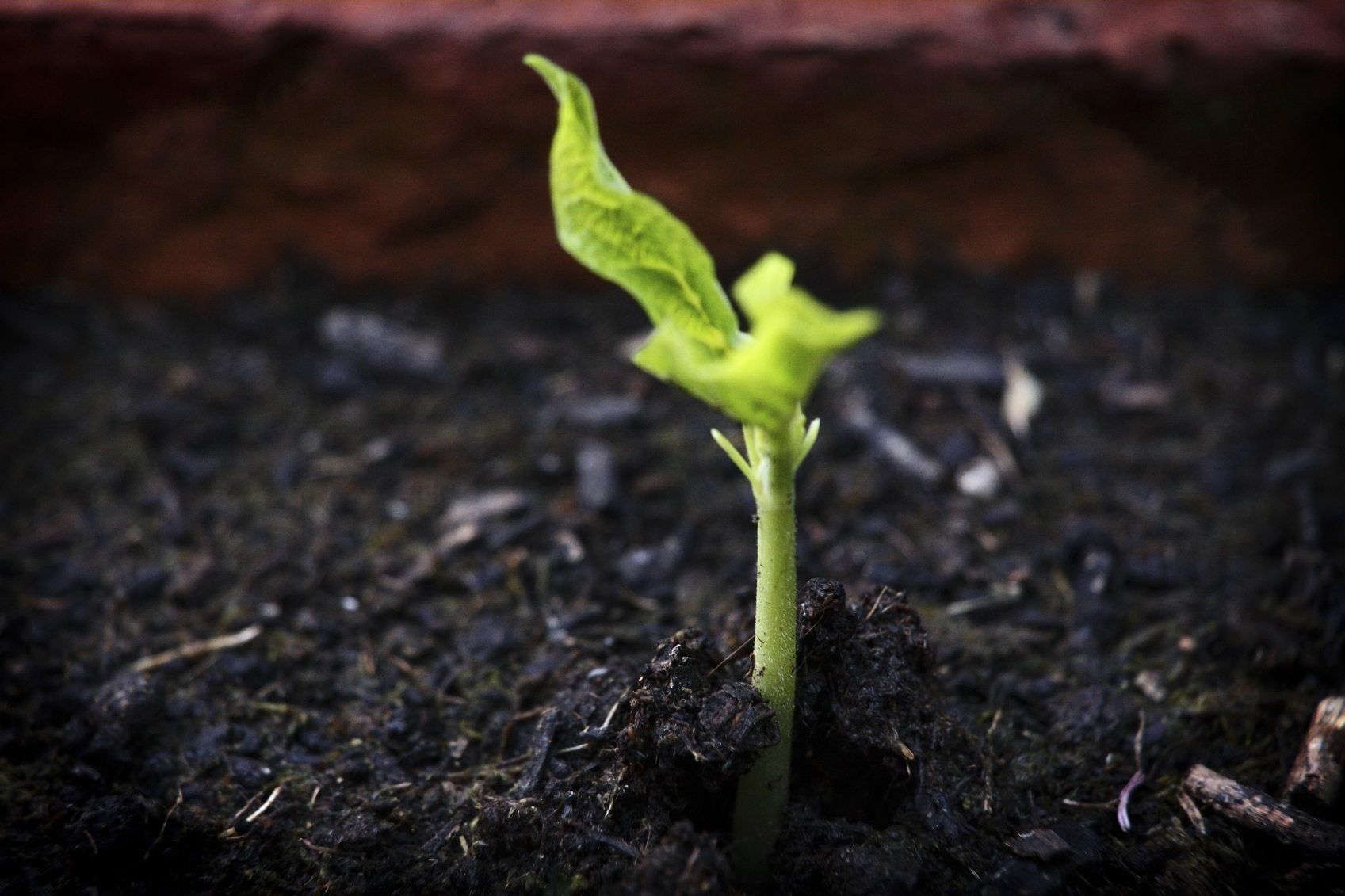- Thread starter
- #11
AMKuska
Garden Master
I'm sorry. Do you have a fire season there?
I wish I had weeds.....heading into a second year of drought....
I wish I had weeds.....heading into a second year of drought....
I'll give my opinion on a lot of this and some reasons why I think this way. It is my opinion and my feelings won't be hurt if someone disagrees. Well, not much.I've been studying garden health a lot recently, and many places are recommending a mulch cover to help keep the soil warmth, water, and nutrients in, while also keeping pests out. I'm going to try mulching this year, but the different methods I've read have me confused. One recommends I use compost as a mulch, and others recommend things like straw etc.
I'm confused about using compost as a mulch. Compost to me is a soil additive, so isn't it then soil when you layer it on top? Won't it still run off if it's watered?

This is an excellent point, and part of why I always found the compost as mulch suggestion hard to figure out. It brings to light the question of what the ultimate goal one is trying to achieve with the mulch. That's the sticking point because different mulches can have totally opposite effects, like the black plastic sheeting you mentioned. That effect would be, in some ways, the opposite effect that I create with my straw mulch. The main reason I mulch is to retain moisture and cooler soil temps, and to keep weeds from growing. Then, to enhance my soil.But also it can break up the capillary action that brings water to the surface where it can evaporate. I don't think compost as mulch would help much with that.
This is so true, and occasionally in cooler & wetter summers I've had to remove my straw because of excessive moisture and slugs. Like many things its a cost/benefit ratio to be worked out.Straw or wood chips and stuff like that gives some bugs like squash bugs great hiding places.

:max_bytes(150000):strip_icc()/108881513-56a6d3615f9b58b7d0e4ffa8.jpg)

 www.gardeningknowhow.com
www.gardeningknowhow.com


@ducks4you You really seem to know a lot about home composting methods, and one of the last major things to be dealt with in my yard is the giant 'compost' pile (if you could call it that). It began as a place to bring garden material at years end, yard raking, weeds and whatever else organic non-food waste there was. We kept out any large tree limbs and big things like that. My hope had always been that someday I could harvest some soil from it. The majority of my pile today - after 11 years or so - is leaves, twigs, guinea pig bedding, expired garden vegetation, a bit of tree clippings and maybe the odd fall pumpkin. No kitchen wastes because we have mega bears. Every year I go out with a pitchfork and poke around and there is never dirt to be had. If there is, it is so mixed up with woody material I can't actually scoop any of it up. My pile is now rather large about 3-4 ft high and maybe 10 feet across. I would LOVE to be able to convert this pile into usable soil of some kind. Is there any hope????? I wonder if I could saturate the pile with something to encourage things to break down faster? (If a picture would help I can do that, but it won't be pretty!)I DO pull seedless weeds and throw them on my lawn and use my mower to "compost" them. Just sayin...
@ducks4you You really seem to know a lot about home composting methods, and one of the last major things to be dealt with in my yard is the giant 'compost' pile (if you could call it that). It began as a place to bring garden material at years end, yard raking, weeds and whatever else organic non-food waste there was. We kept out any large tree limbs and big things like that. My hope had always been that someday I could harvest some soil from it. The majority of my pile today - after 11 years or so - is leaves, twigs, guinea pig bedding, expired garden vegetation, a bit of tree clippings and maybe the odd fall pumpkin. No kitchen wastes because we have mega bears. Every year I go out with a pitchfork and poke around and there is never dirt to be had. If there is, it is so mixed up with woody material I can't actually scoop any of it up. My pile is now rather large about 3-4 ft high and maybe 10 feet across. I would LOVE to be able to convert this pile into usable soil of some kind. Is there any hope????? I wonder if I could saturate the pile with something to encourage things to break down faster? (If a picture would help I can do that, but it won't be pretty!)